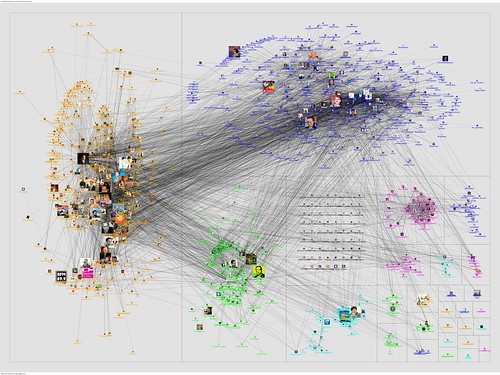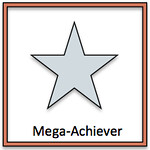What is Gamification?
For those who don’t know, Gamification (within this realm) refers to the adoption of using gaming techniques and ideas within business systems. So, for example, within the area of CRM and Sales, salespeople are encouraged to identify more opportunities, have more meetings, close more sales etc by winning points and gaining more awards the more they do. Commonly this is in the form of ‘badges’ and different levels of badge, league tables, points and so on. i.e. it is not just financial, although in theory the financial rewards will come for the better “Gamers”.
Unfortunately, this is why my initial thoughts are that Gamification might not work in the NFP sector for database usage. After all, fundraisers are not paid commission, they are not “just selling something”, they are not competing internally within their charity and they are hopefully already driven by honourable motives to raise as much money for their organisation as they can anyway. And fundraisers often work together and (hopefully!) do not try to undermine colleagues and just raise a few pounds towards their target from a particular prospect when the charity could better benefit by another fundraiser raising a lot more from that same prospect.
On the other hand, I’m certainly not saying that fundraisers aren’t competitive! I know many who are! So maybe there is a way in which Gamification could be used in charity CRM systems too? (An example of Gamification within the realm of campaigning/the public fundraising for you was recently discussed in The Guardian).
User Engagement
One of the key issues for charities is User Engagement/User Adoption of fundraising and CRM systems. As much as we all know how important the database is, and as much as we try to make it user-friendly, quick and easy to use and provide better user interfaces, there are still very few fundraisers who love databases (in the way that that tech folk do!). So could Gamification make users use databases?
Maybe such awards and rewards could be focused differently? Maybe less directly competitive and more recognition-oriented, or even an attempt at fun! Maybe teams could “compete” but not necessarily on financial targets – could there be other goals (KPIs?) we could use? Maybe even something as simple as running reports! Or perhaps volunteers could be encouraged through Gamification more attune to the commercial approach?
I know one organisation who, during their implementation of a new database, introduced an incentive scheme to encourage users to make themselves familiar with the new system: each month for several months, they had a mini-competition/challenge amongst the users whereby staff had to use some aspect of the forthcoming database in order to win a prize. In the early months, this was a simple as getting users to look-up a specific record on the database and email the competition organiser with, say, a donor’s last donation on that record (which of course meant they had to learn and understand the system to find that information), and for that they got a chocolate bar. But by the time they were going live, the challenges were more difficult/involved and the ultimate prize was a day’s leave (just for one person of course!) – something many staff would certainly value.
So I don’t know…
When I first heard about CRM Gamification I was fascinated and desperately wanted to believe charities could use this, but then I thought not. But now I am trying to look more laterally - are there in fact other ways in which we could adopt such processes? Or is the whole approach just wrong in a sector whose very basis could be seen as the antithesis of commercial competitiveness – at least within an organisation.
Any thoughts?



No comments:
Post a Comment